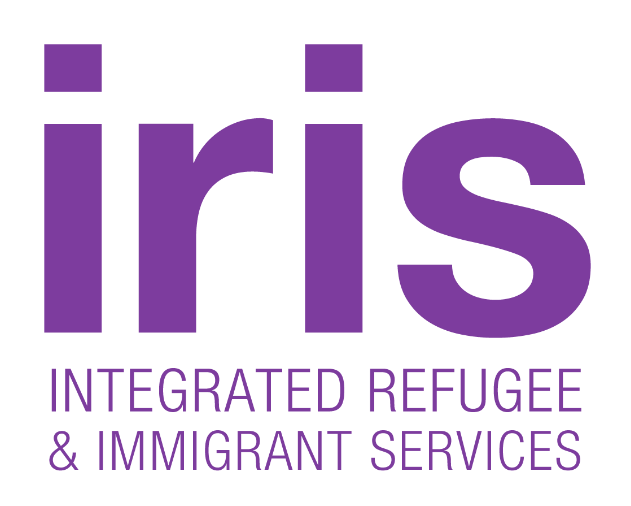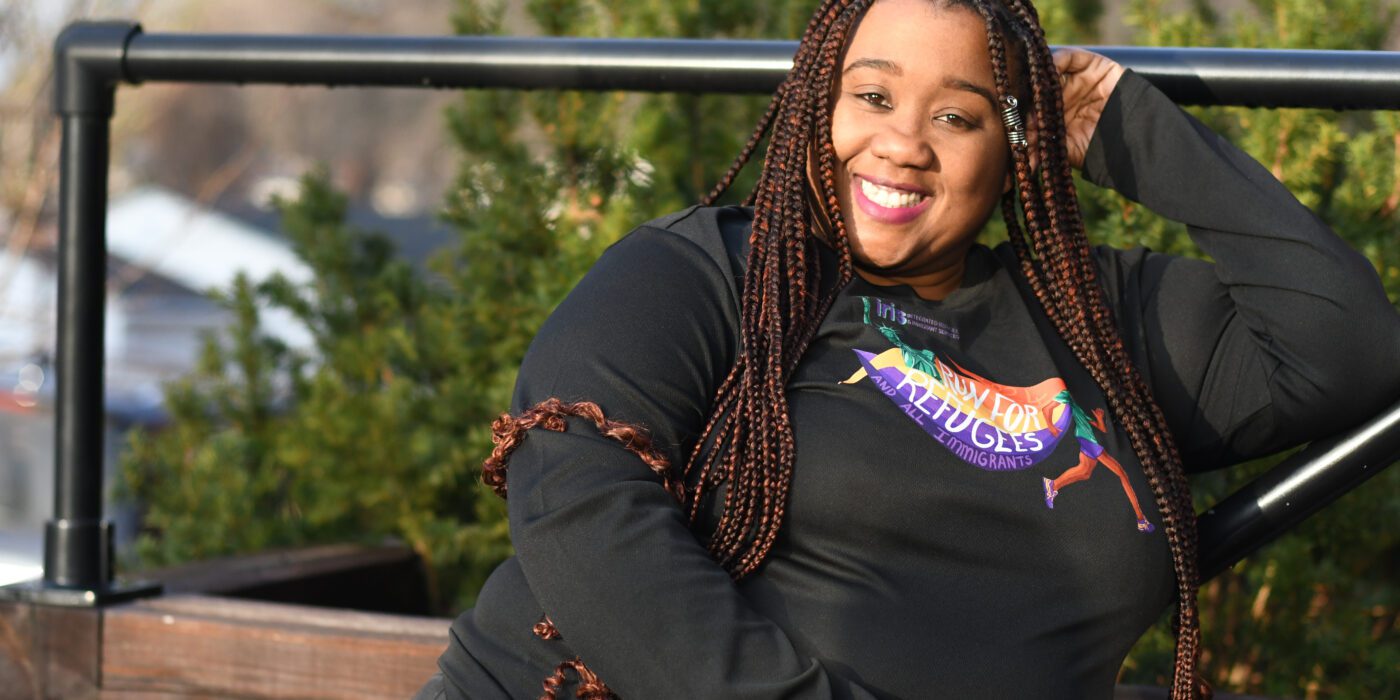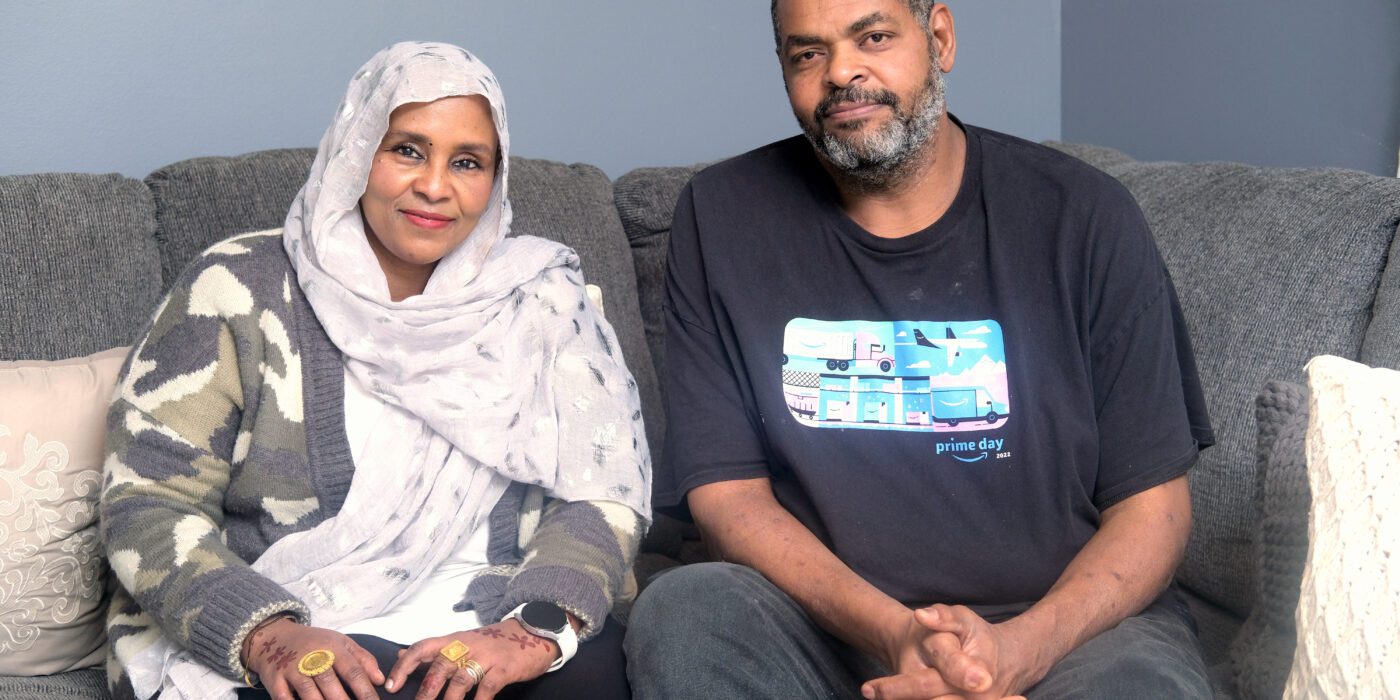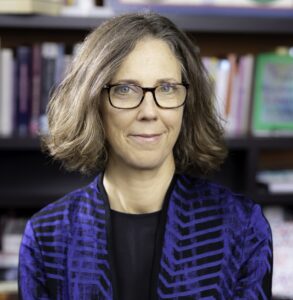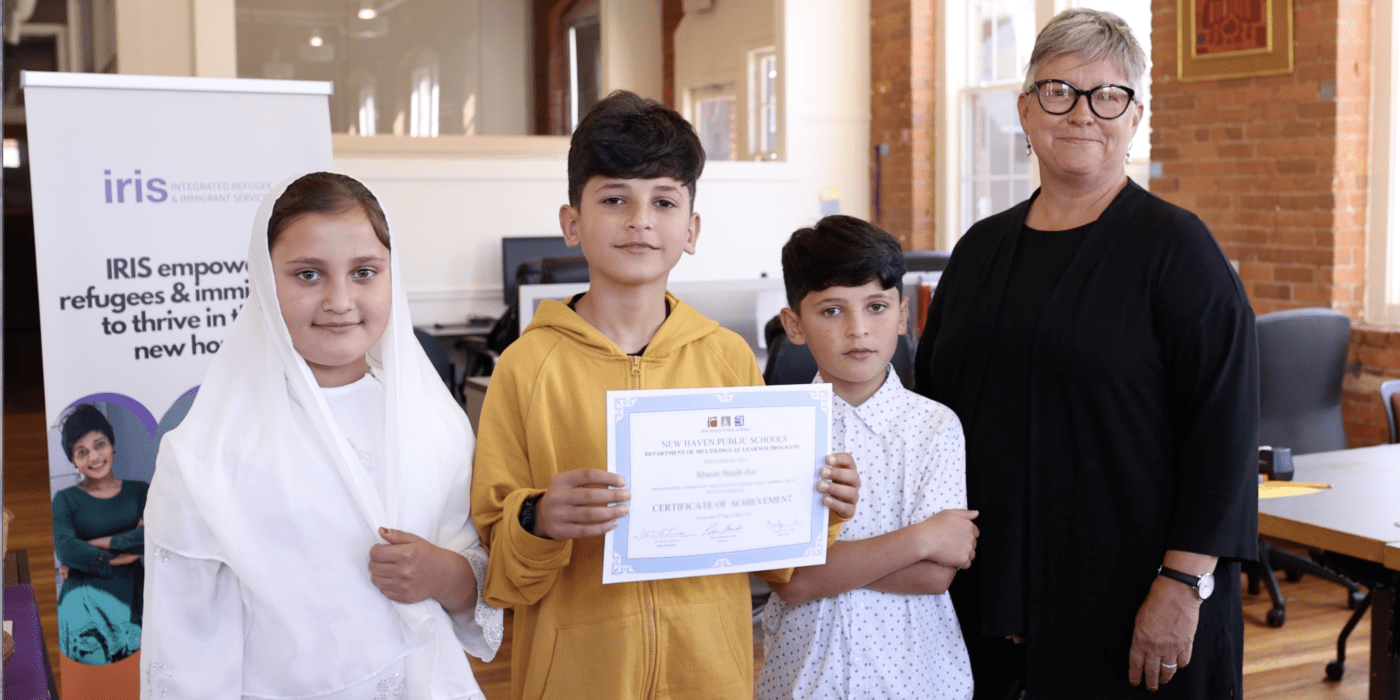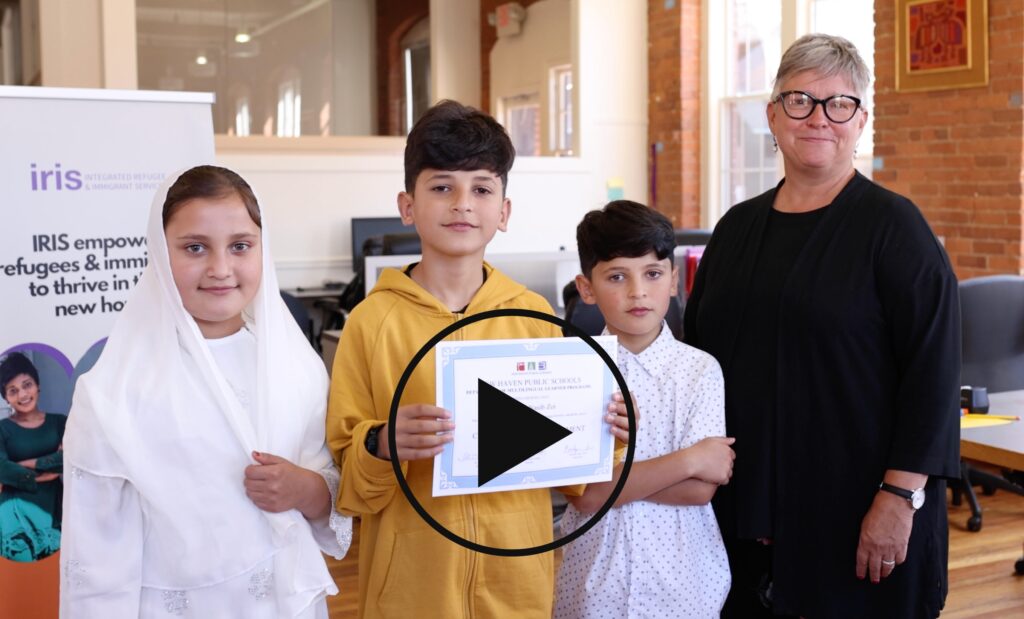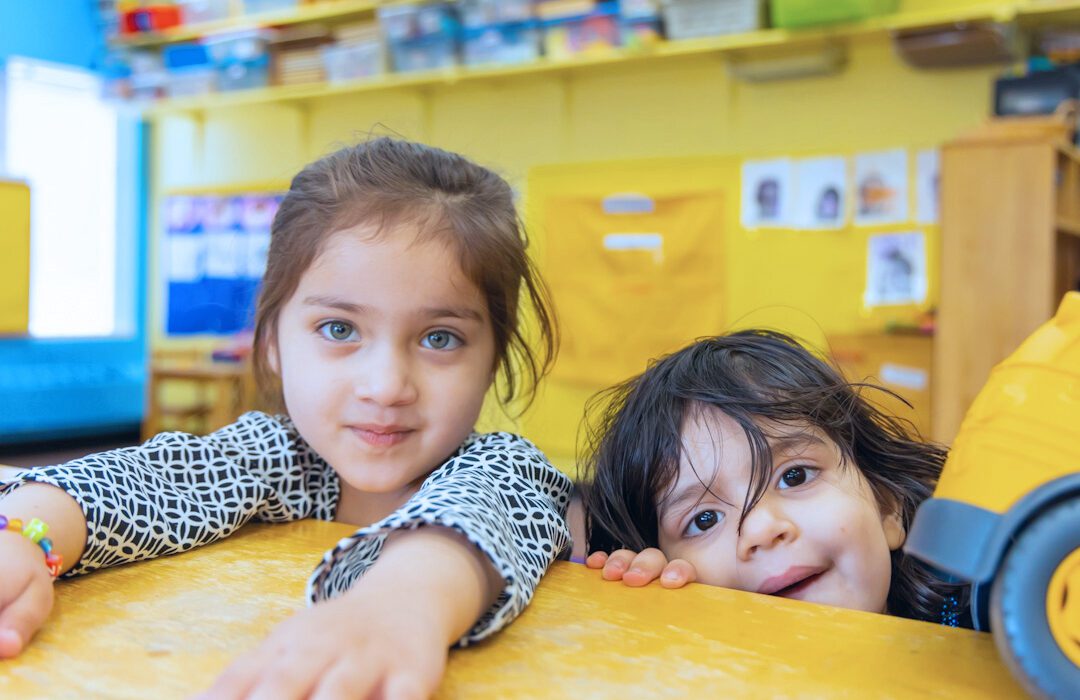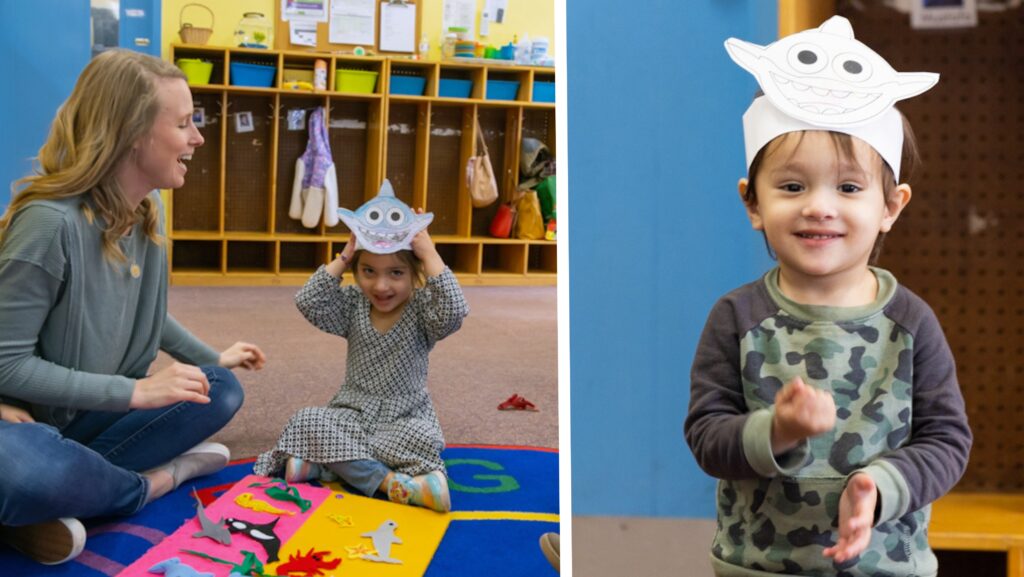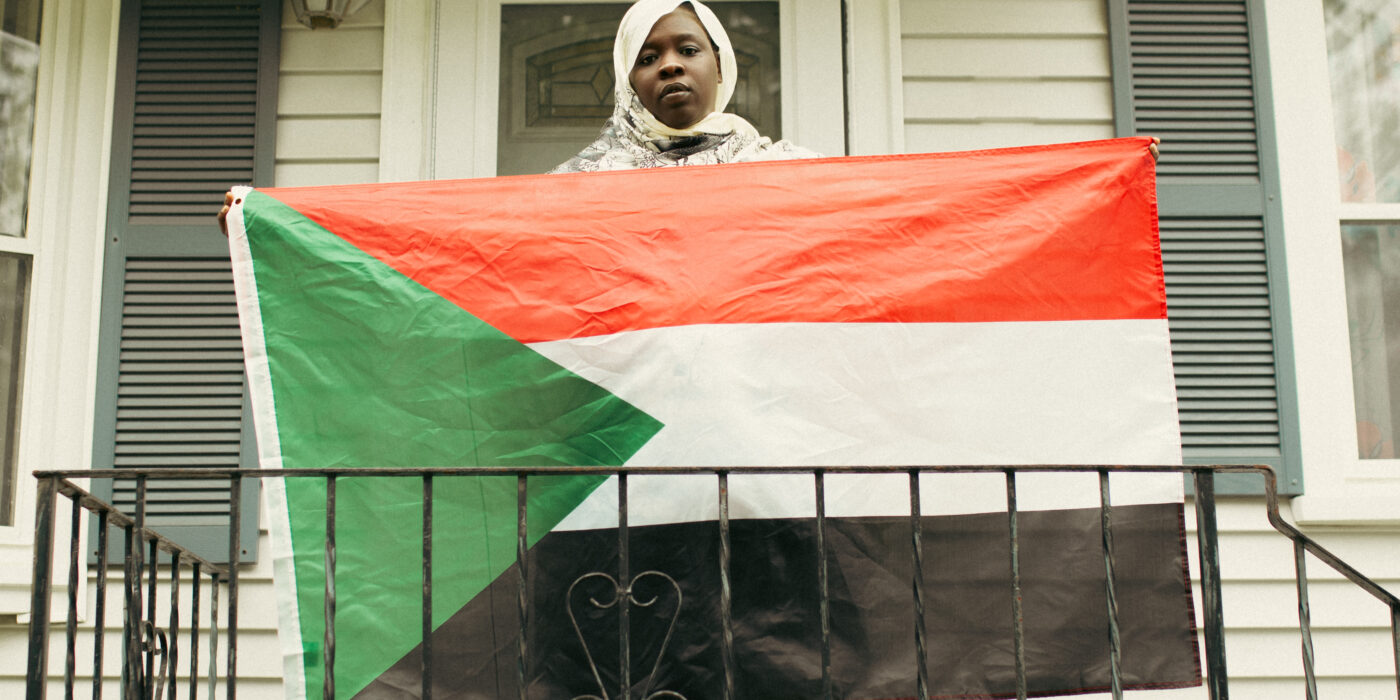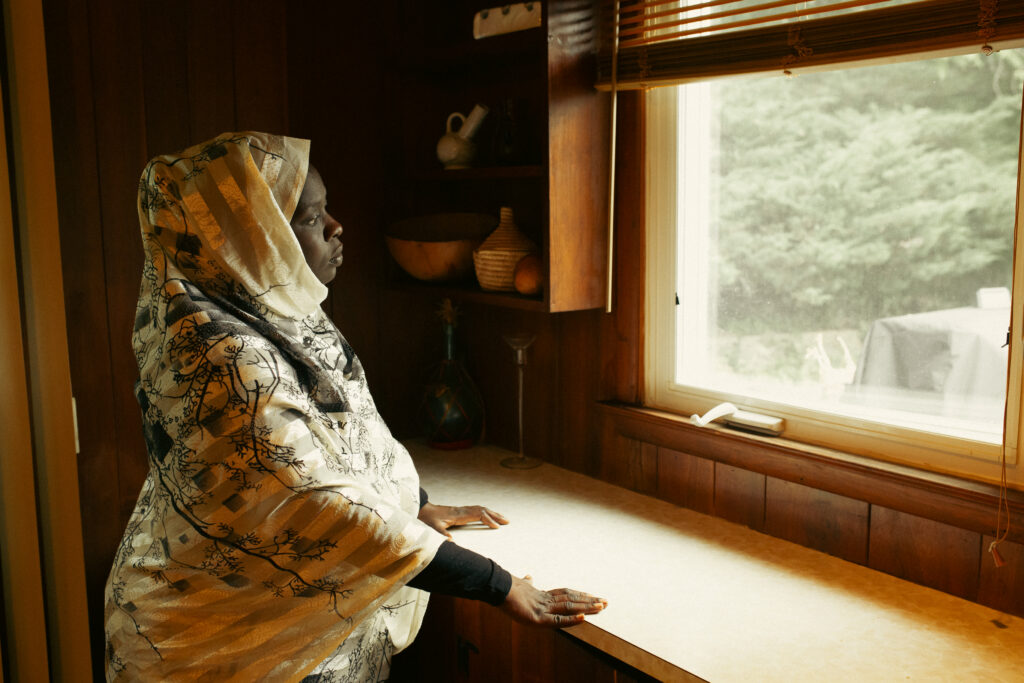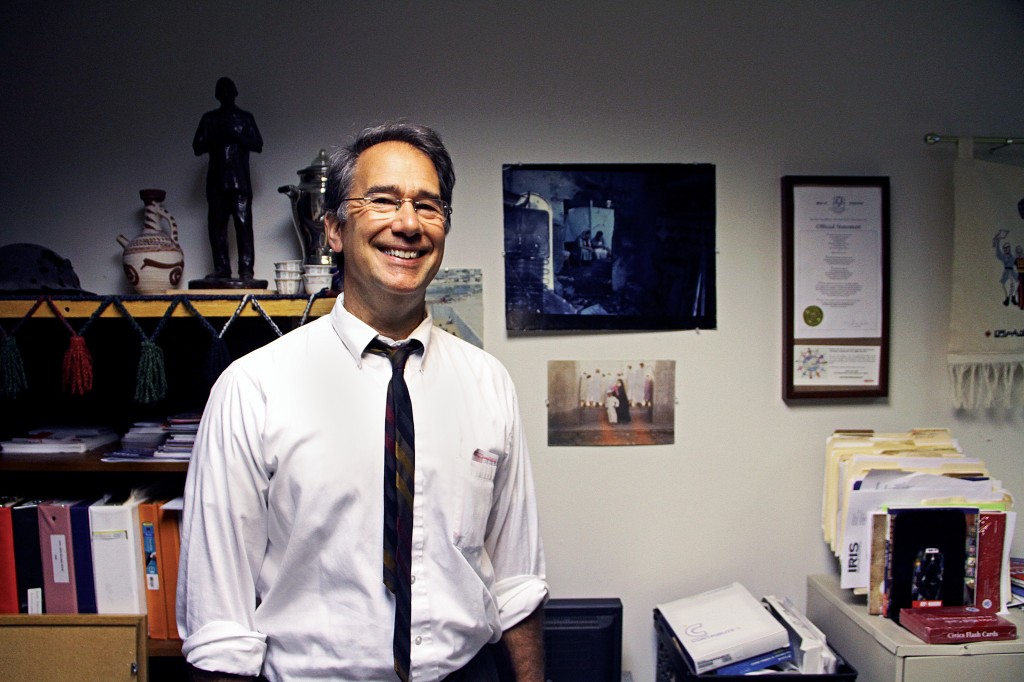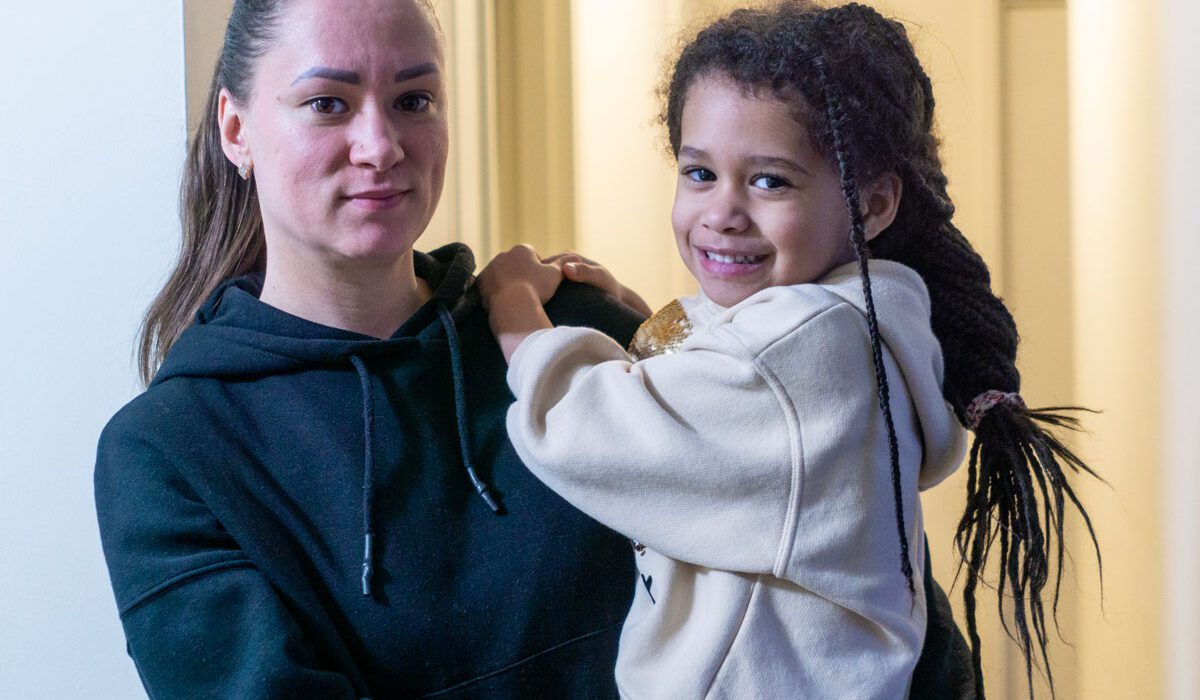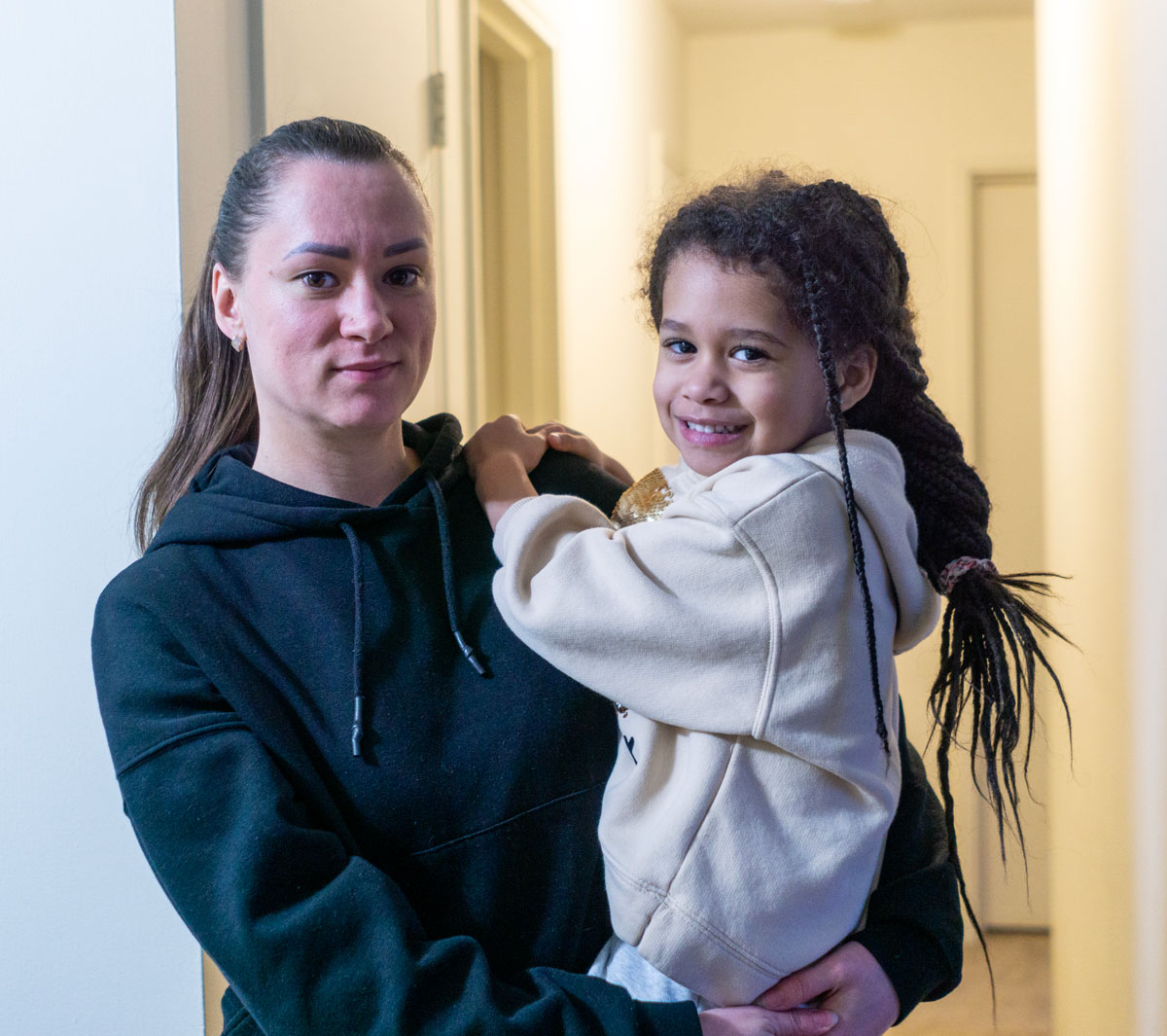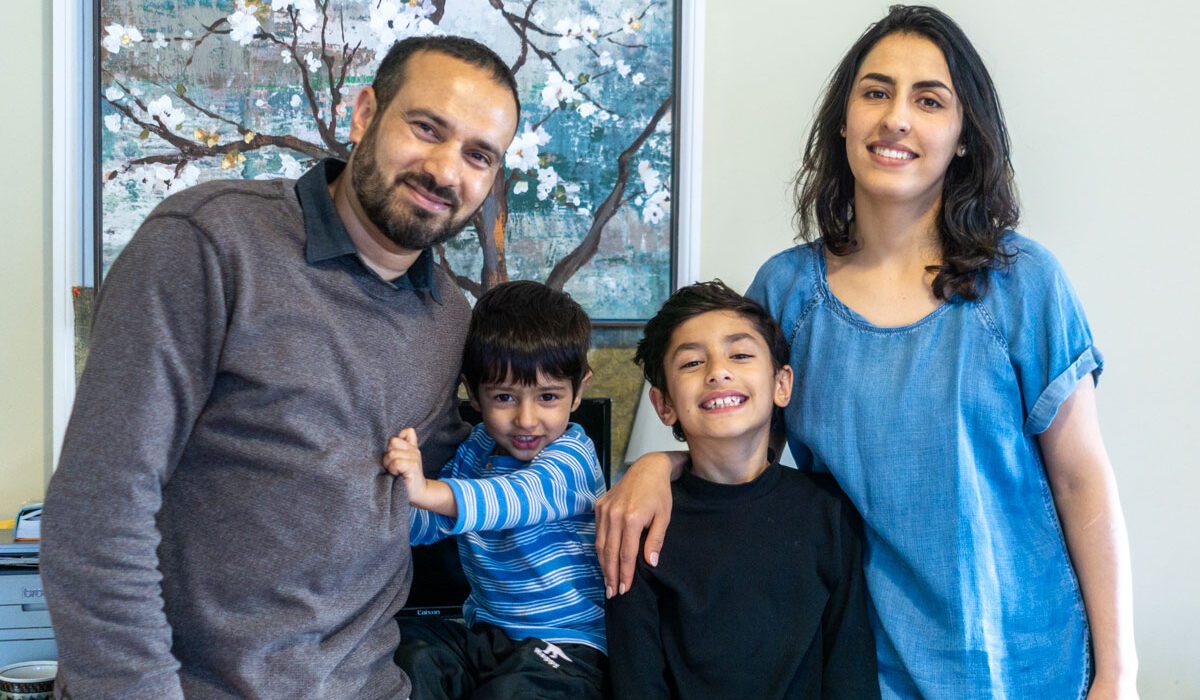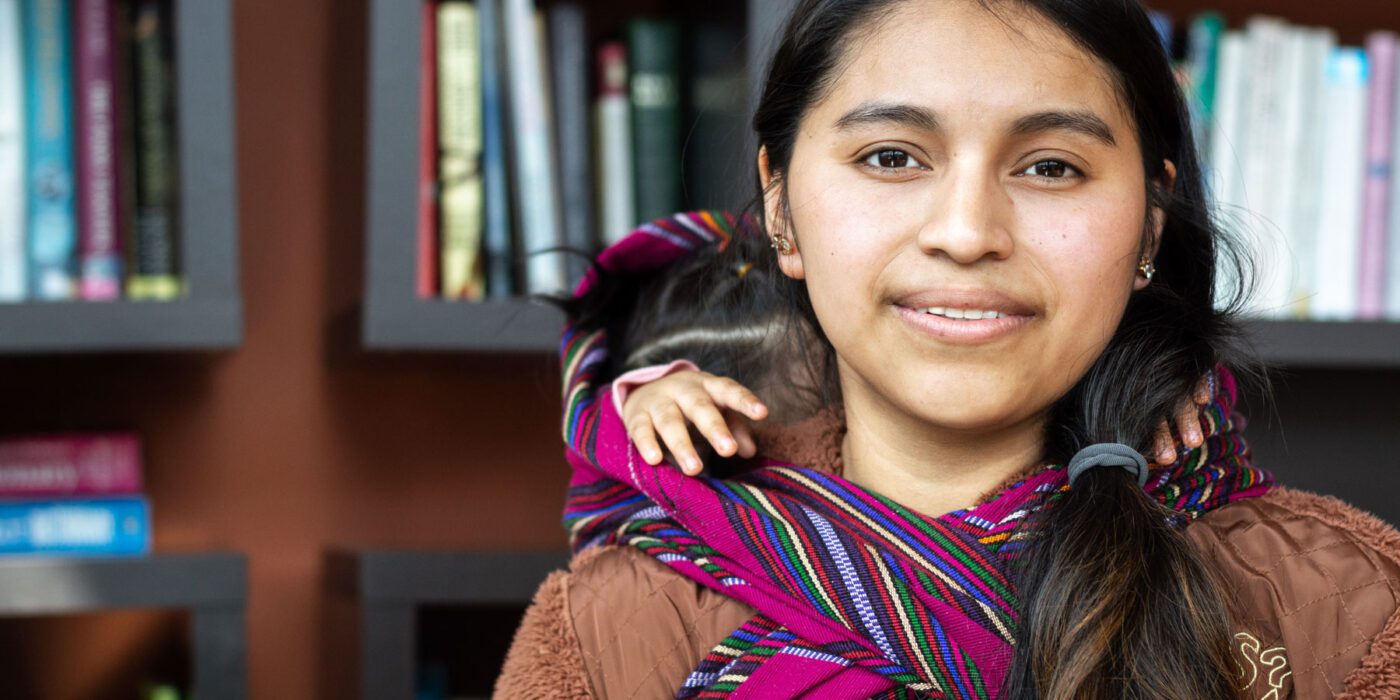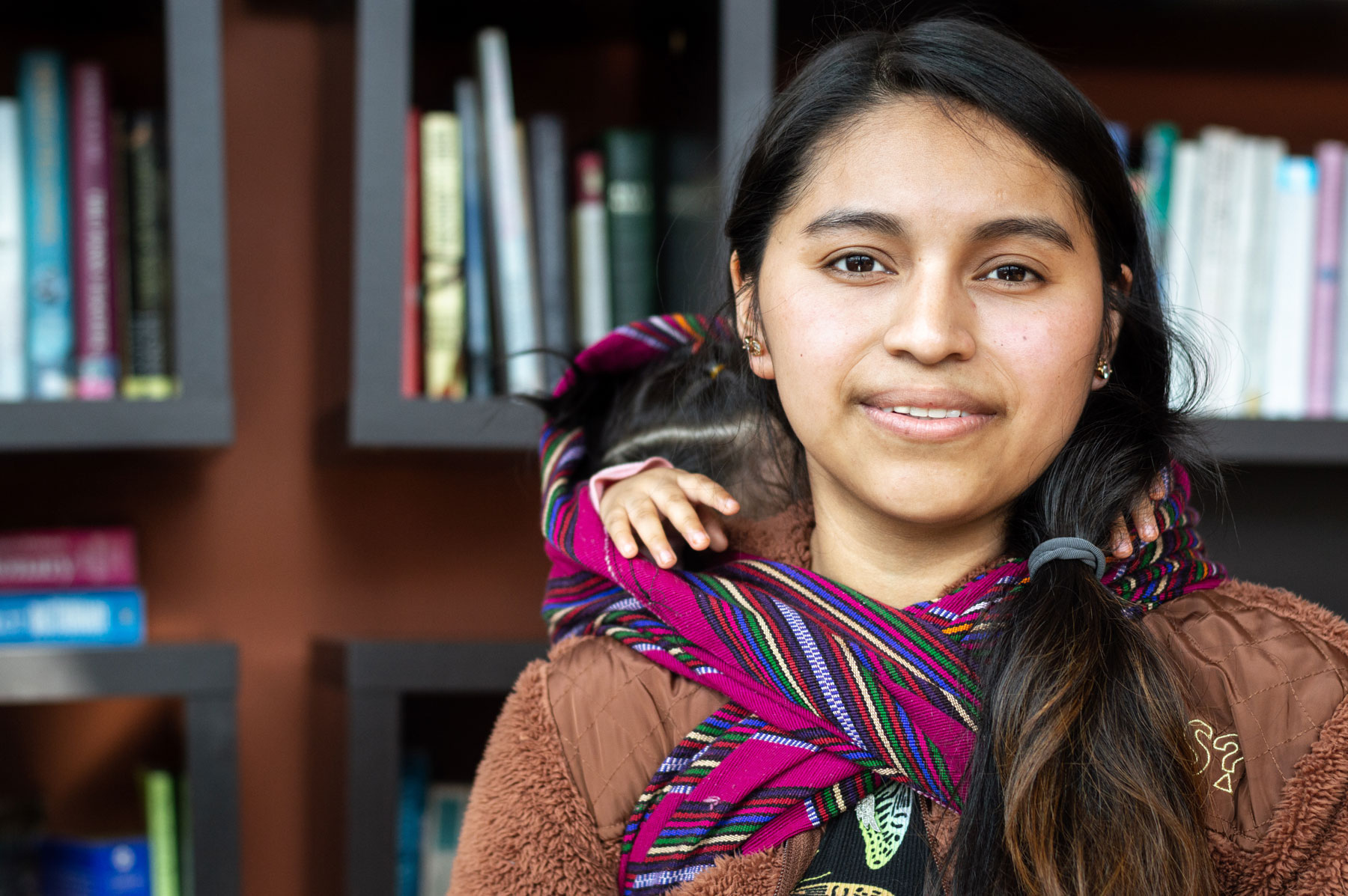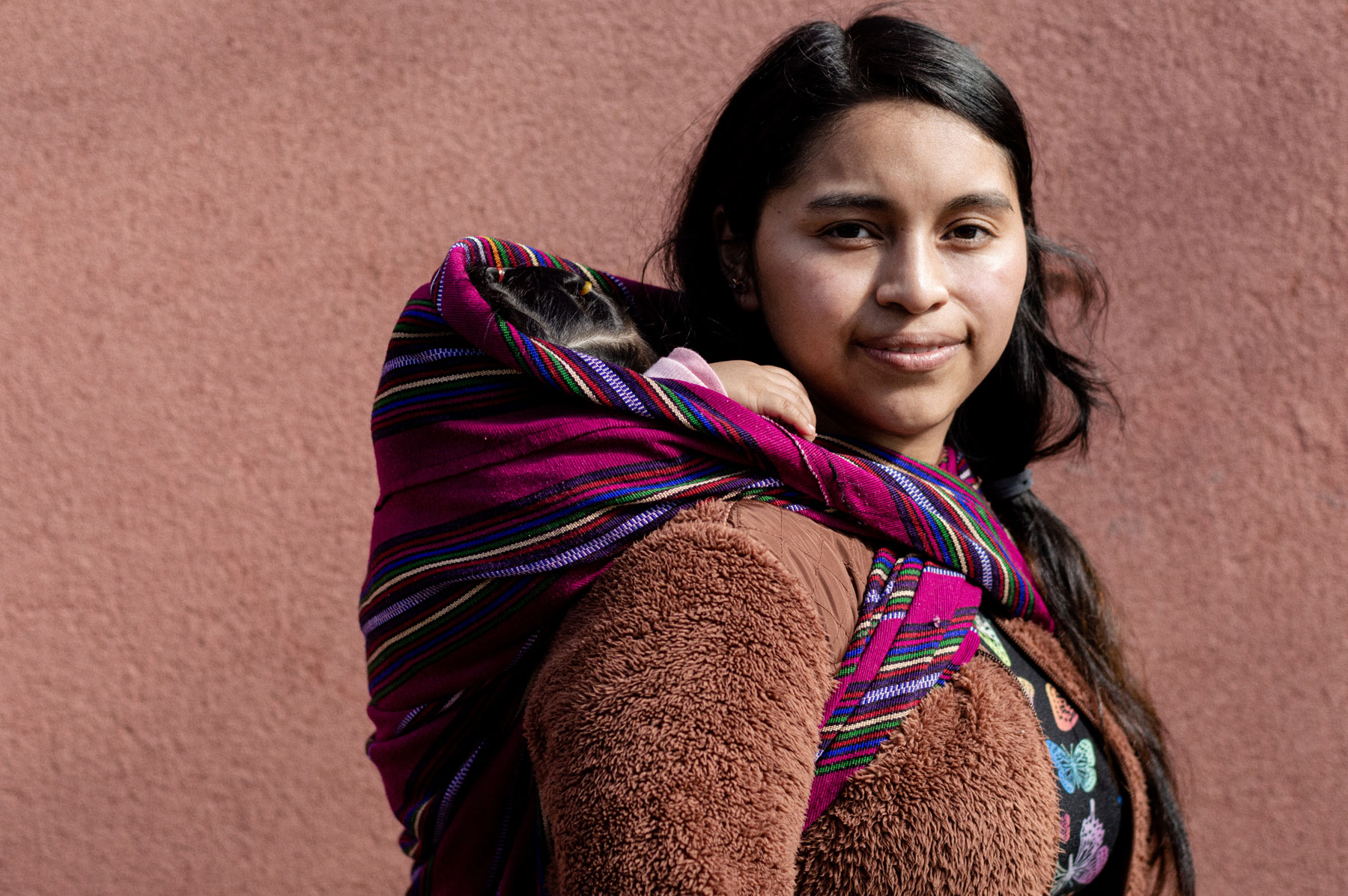An Empowering Voice for Immigrants
© Rachel Peet
Dainez’s arrival to the U.S. harmoniously coincided with Independence Day in 2021, to mark her liberation from a traumatic and abusive relationship in the Dominican Republic. Since then, Dainez has become an empowering voice for all those around her at IRIS.
She was “running, literally running” from her youngest child’s abusive father and fled to the States with her three children, in hopes of simply being heard and to survive.
As she settled into the foreign, fast-paced lifestyle of the Northeast, Dainez was referred to IRIS’ Services for Undocumented Neighbors (SUN) program. She was prepared for a long wait after submitting her application to the SUN program, yet, she received a response in just a few days and a wealth of resources in just a week’s time.
Dainez promptly received a debit card, guidance on finding affordable housing, donated furniture to make her new living space feel like “home”, regular grocery deliveries, and access to an immigration lawyer.
This not only helped Dainez get essential resources and valuable connections, but also empowered one of her bilingual daughters, who now holds a Juvenile Visa, with the support of IRIS’ legal guidance.
In Dainez’s own words, “IRIS is the best thing that happened to me.” Beyond the practical assistance, she emphasized feeling safe at IRIS— a place where immigrants are not defined by their status nor background.
The vast opportunities as a bilingual speaker and client of IRIS have come full circle for Dainez – she’s currently one of the first members on IRIS’ Ambassador team and a Spanish interpreter for newly arrived immigrants. Where she was once unable to express herself and the needs of her children, Dainez stands tall as a radiating voice for immigrants, especially those who are undocumented.
“Many immigrants arrive in the States and they don’t realize that IRIS supports more than just refugees. In my case, I have the great opportunity to let others know that there’s a lot more resources out there for undocumented immigrants.”
Her dreams, once distant, have become a reality. With local resources expanding prospective family futures, Dainez envisions a future where immigrants have the confidence to create their paths in the U.S. —a dream she continues to live with her three children.
